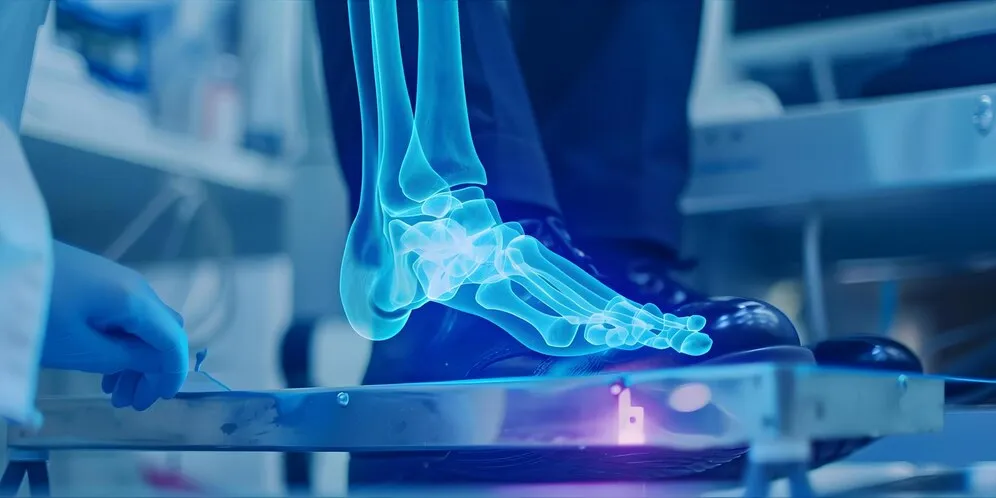A global, multidisciplinary organization dedicated to the elimination of road traffic injuries. This entity is the authoritative body behind a key injury severity classification system, a tool that is fundamental for various stakeholders across the globe.

















